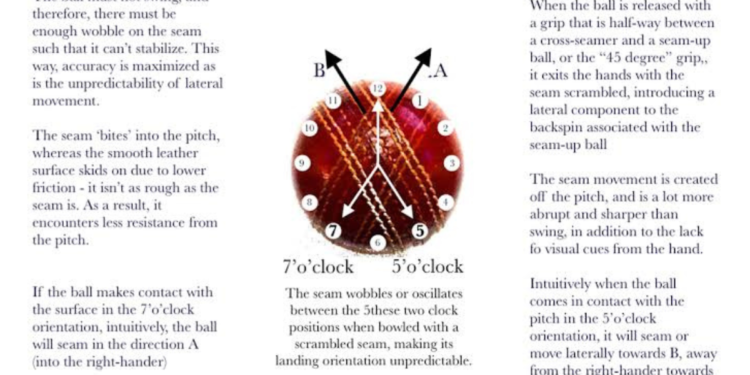Retired Out: An Uncommon Dismissal in Cricket
Retired Out in cricket is a rare occurrence that often raises eyebrows among fans and players alike. This unique form of dismissal happens when a batsman voluntarily leaves the field, declaring themselves out without being given out by the opposition. It is a decision that requires a player to weigh the circumstances carefully before opting to retire out.
While retiring out is not a common sight in cricket, it adds an interesting dimension to the game and can be seen as a display of sportsmanship or strategic acumen by the player. It can occur for various reasons, such as injury, illness, or even to give a teammate the opportunity to play. Understanding the nuances of retired out adds to the complexity and unpredictability of the sport, often leading to debates and discussions among cricket enthusiasts.
Understanding the Concept of Retired Out
In cricket, the concept of being retired out refers to a situation where a batsman voluntarily leaves the field without being dismissed by the bowler or the fielding team. This uncommon dismissal occurs when a player decides to retire from their innings for various reasons such as injury, illness, or personal circumstances. Although rare, this form of dismissal is recognized in the laws of cricket and is considered a legitimate way for a player to end their participation in a game.
When a player chooses to retire out, they must inform the umpires of their decision and the specific reason for their departure. This allows the team to adjust their batting order accordingly and continue the game without the need for the player to be officially declared out by the opposition. While retired out may seem like an unusual occurrence in cricket, it serves as a means for players to prioritize their well-being and make strategic decisions that can impact the outcome of the match.
Instances When a Player Can Retire Out
There are specific instances in cricket when a player can retire out during a match. One common scenario is when a player decides to retire voluntarily due to injury or illness. In such cases, the player must notify the umpires and the opposing team of their intent to retire from the game.
Another situation where a player can retire out is when they have reached a milestone or achieved a personal record in the game. It is not uncommon for cricketers to retire out after scoring a century or completing a significant partnership with a fellow player. This gesture is often seen as a mark of respect for the game and the players involved.
Difference Between Retiring Out and Retiring Hurt
Retiring out and retiring hurt are two terms that are often confused in the game of cricket. When a player retires out, it means they are voluntarily ending their innings, usually due to injury, illness, or personal reasons. This decision is made by the player themselves or the team’s captain, and the player cannot return to bat in the same innings.
On the other hand, retiring hurt is when a player sustains an injury during their innings and is unable to continue batting. In this case, the player can leave the field to receive medical treatment and may return to bat later in the innings if deemed fit. The decision for a player to retire hurt is usually made in consultation with the team’s medical staff and the on-field umpires to ensure the player’s well-being.
Controversies Surrounding Retiring Out in Cricket
One of the major controversies surrounding the concept of retiring out in cricket is the issue of strategic manipulation. Critics argue that some players may be tempted to retire out intentionally in order to avoid facing challenging situations or tough bowlers. This raises concerns about the integrity of the game and whether retiring out should be allowed under certain circumstances.
Another contentious issue is the impact of retiring out on team dynamics. When a player chooses to retire out, it can disrupt the batting order and put additional pressure on the remaining batsmen. This has led to debates about whether retiring out should be permitted only for genuine injury or compassionate reasons, rather than as a strategic tactic.























